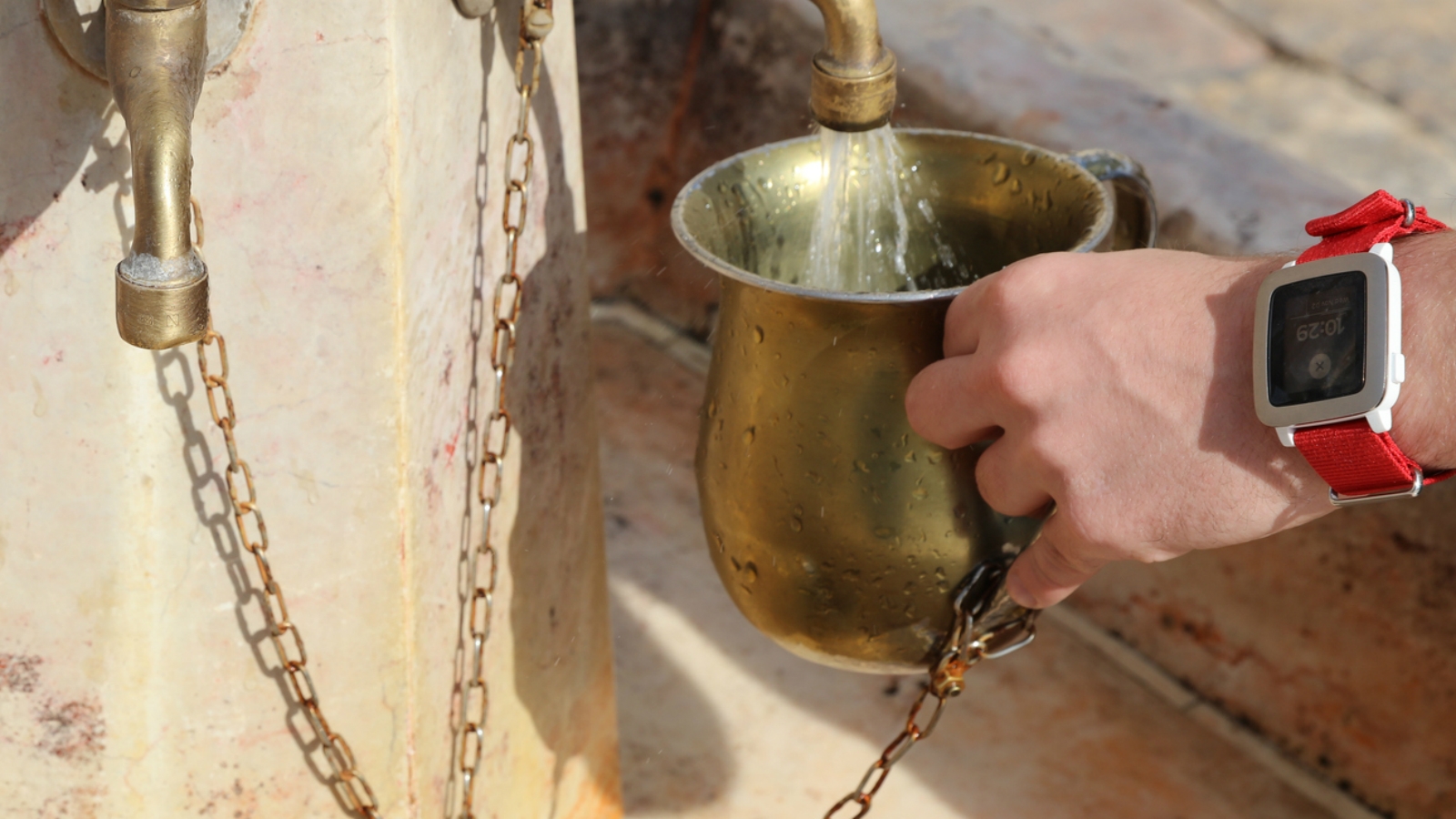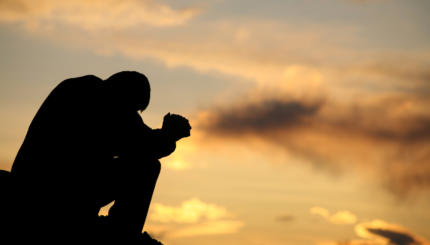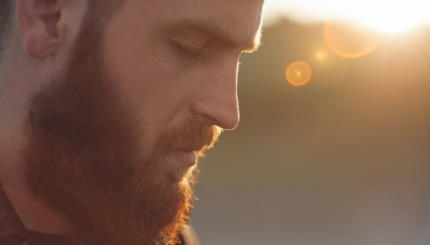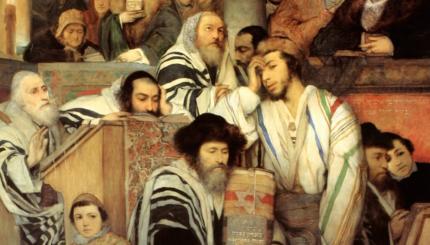Baruch Atah Ado-nai Elo-heinu Melech Ha’Olam Asher Kidshanu B’mitzvotav Vitzivanu al Netilat Yadayim
Blessed are You, Lord our God, King of the Universe who has sanctified us with divine commandments, and commanded us concerning the washing of the hands.
Water is life. Everything that exists on this fragile planet depends on its nurturing power. Organisms are born from it. Creatures find sustenance in it. The birth and rebirth of the soul is found within spiritual baths. And each day, through mechanisms metaphysical and mundane, we sanctify our lives through water.
Jewish thought understands both the earthly usage of water and its renewing effects on the soul. Each morning, we are commanded to wash our hands and recite the blessing Netilat Yadayim. The simple reason for this is that sleep is akin to death and being awake is akin to life. Water stimulates the synapses in our brains to break between these realms. Washing our hands is the precise moment where we express our gratitude for our earthly physical existence, for the return of our soul to our body, and prepare ourselves to take responsibility for the gifts bestowed upon us.

Help us keep Jewish knowledge accessible to millions of people around the world.
Your donation to My Jewish Learning fuels endless journeys of Jewish discovery. With your help, My Jewish Learning can continue to provide nonstop opportunities for learning, connection and growth.
But why is it the hands that we wash? We could have been commanded to wash the head housing our brain, the chest housing our heart, or the feet we use to walk.
Rebbe Nachman of Breslov taught that the 28 joints in our two hands match the gematria of the term koach, the Hebrew word for means energy or strength. When we engage our hands for holy means, we bring divine energy to that moment.
Our hands are our primary moral instrument. With hands, we hit or we heal. With hands, we push away or pull close. With hands, we are idle or engaged in honest labor. We close our hands selfishly or open them charitably. We wash our hands to prepare ourselves for authentic, holy engagement with others.
Rabbi Nachman also taught that at the moment of clapping with joy, the land below us becomes as holy as Israel. Through the nerves and sinews in our hands that interact with the world so profoundly, we transform temporal space and time into holy space and time.
Washing our hands is a brief oasis in time. By this practice, we prepare to use our hands to share love, to pray, to work honestly and to clap with joy. In washing our hands each day, we prepare ourselves for compassionate service and the authentic experience of existence.
(Rabbi Dr. Shmuly Yanklowitz is the president and dean of Valley Beit Midrash in Phoenix, Arizona. He is also a noted author and social justice activist who has been routinely named to listings of the most influential rabbis in America.)
gematria
Pronounced: guh-MAH-tree-yuh, Origin: Greek, a numerological system by which Hebrew letters correspond to numbers, used in Jewish mysticism as a way of interpreting Jewish texts.

Help us keep Jewish knowledge accessible to millions of people around the world.
Your donation to My Jewish Learning fuels endless journeys of Jewish discovery. With your help, My Jewish Learning can continue to provide nonstop opportunities for learning, connection and growth.



